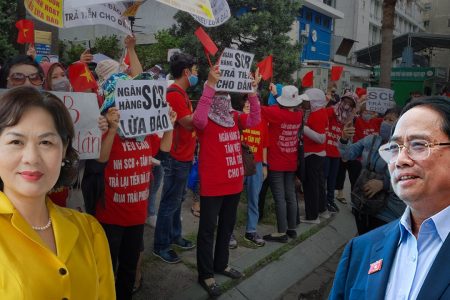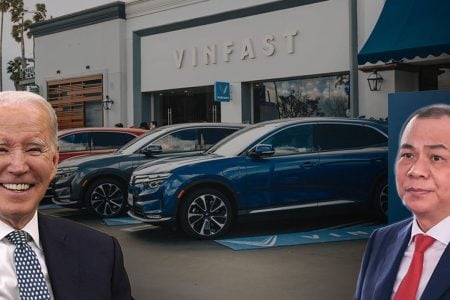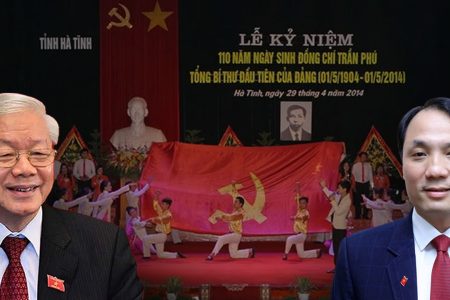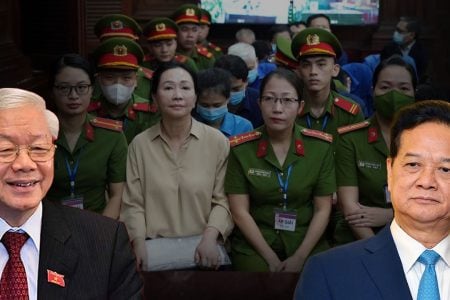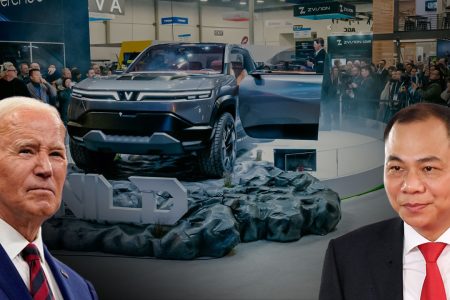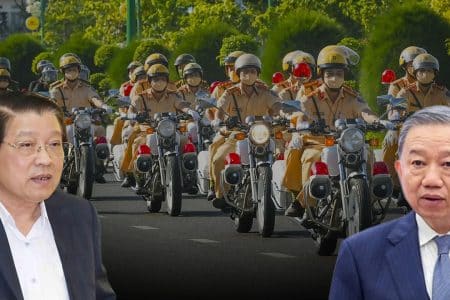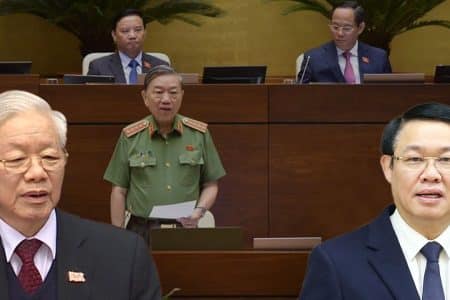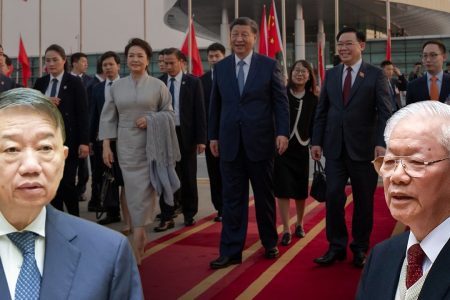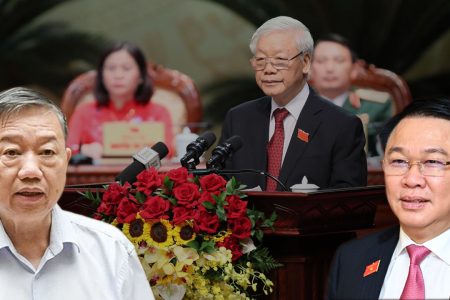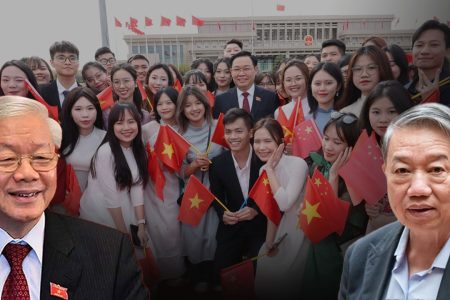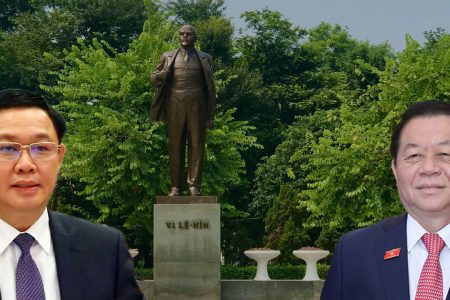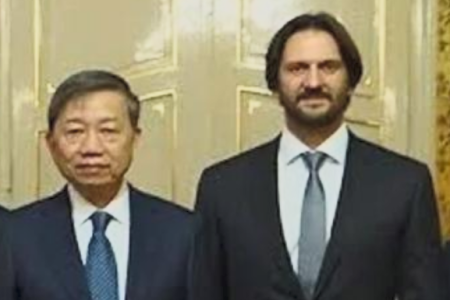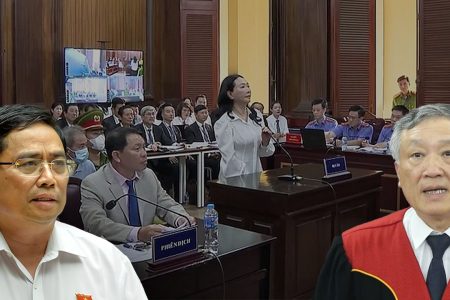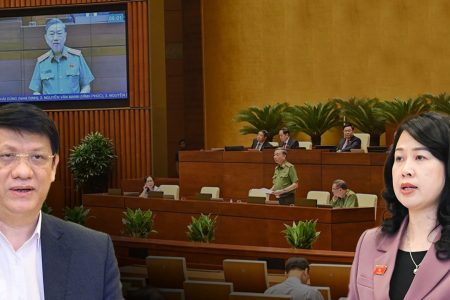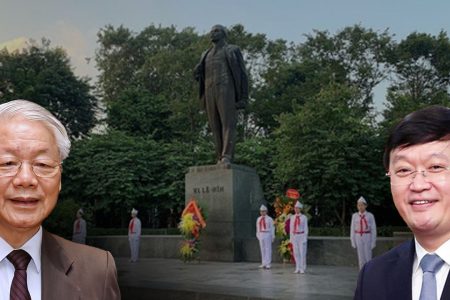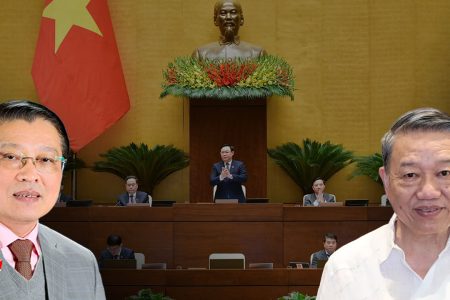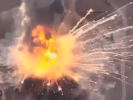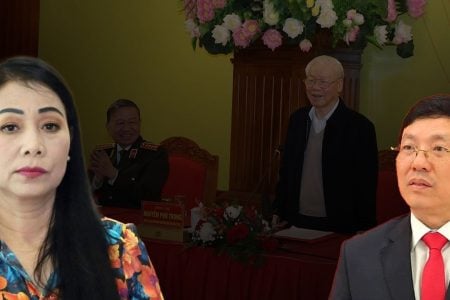
During the visits of President Joe Biden and Vice President Kamala Harris from November 12 to 19, 2022 in Southeast Asia, no activity will take place in Vietnam as expected by Hanoi. What has led to this situation and where will the future of Vietnam-US relations go?
The US President will be in Cambodia from Saturday to Sunday (November 12-13) to attend the US-ASEAN Annual Summit and the East Asia Summit, where he will focus on issues Indo-Pacific region and affirm the US commitment to the rules-based international order in the South China Sea (Vietnam calls it the East Sea). From Sunday (November 13) to next Wednesday (November 16), Biden will visit Indonesia for the G20 Leaders Summit. At this meeting, President Biden will speak out in defense of Ukraine and condemn Russia for aggression. A little later, from November 18 to 19, Vice President Kamala Harris will travel to Bangkok, Thailand to attend a meeting with leaders of the Asia-Pacific Economic Cooperation (APEC). After that, Ms. Harris will also fly to Manila (Philippines) to meet with government leaders and representatives of social organizations.
The effect of the “elbow blow”…
So amid the series of busy US diplomatic contacts with US allies and partners in Southeast Asia as above, a quick visit to Hanoi, lobbied by both counties from the beginning of this year, will really not happen. The postponement or even cancellation of a visit by US President Biden to Vietnam, an emerging partner in the Indo-Pacific community of the “Quad,” is an unusual story. It can even be said that it is not an exaggeration, it is a big failure for Vietnam’s “bamboo” diplomacy. For those outsiders who can comfort themselves, the US President cannot visit Hanoi at the moment, the US and Vietnamese foreign ministries will arrange at an appropriate time later. However, for insiders, “digesting” this failure is not so simple.
Saying no is simple because, from both sides, both Hanoi and Washington know very well that it will be difficult to arrange a more appropriate time for President Biden to visit Vietnam like the middle of November. “Christmas comes only once a year…” Even international political analysts until before President Biden’s plane took off, still spent 5% betting that President Biden could still stop by Hanoi on this occasion. Why do both international and domestic observers keep guessing about the expected visit to Hanoi? The answer here is quite simple: Because the relationship between Vietnam and the US has recently been hit with an “elbow blow” not from “Muay Thai“, but from the “Chinese-attack.” The “tribute” of General Secretary Nguyen Phu Trong of the Communist Party of Vietnam from October 30 to November 1 in China immediately left a huge and measurable effect in both quantity and quality in the complicated triangle relationship Vietnam- China – America so far.
International experts will continue to decipher 13 contents of the “Joint Statement” between China and Vietnam. Just looking at some of the highlights between the 13 major Sino-Vietnamese agreements, it is easy to immediately recognize the profound implications of the bilateral agreements, but have a strong impact on the multilateral network in the region. Nguyen Phu Trong affirmed that Vietnam agrees and actively promotes the connection of Beijing’s development strategy, accelerates exchanges to come to a cooperation agreement between the two governments on the promotion of the Framework “Two Actions-One belt” of Vietnam with China’s “Belt and Road Initiative” (BRI). Not stopping at the BRI, Mr. Trong also pledged that Vietnam supports and is willing to participate in the “Global Development Initiative” (GDI) and will give a positive evaluation to the “Global Security Initiative” (GNI). These two initiatives were heavily emphasized at the 20th National Congress of the Communist Party of China. What does the whole core strategic “triad” – BRI, GDI, GNI – personally launched by Mr. Xi Jinping mean for America and the Western world?
The most overarching meaning here is that “Xi Emperor” no longer hides the ambition that China will one day dominate the world. That’s when the “Old Order” established and built by the US and other democracies since World War II will be replaced by the “Pax Sinica Order” dominated by China. Committed to both the BRI and the GDI and the GNI, Mr. Trong made no secret of his joy and excitement when Xi Jinping pledged to “guarantee the security of Vietnam.” The only thing is that this “fatal” pledge of Mr. Xi is only found in the Chinese media without a single word in the Vietnamese press. It must be hidden from the people in the country, perhaps, because Xi Jinping’s commitment is only related to “the ruling security of the Communist Party of Vietnam” like the oaths between the two Communist Parties so far.

Will the US rearrange its priorities?
A text by Blogger Phung Khoan on RFA once lamented: “Xi Emperor” belongs to the Chinese people, of China. The dynasty belongs to China. However, Nguyen Phu Trong rushed to support, give positive reviews, commit to “share” and “participate” in the process of establishing “New World Order” – “Pax Sinica.” If it goes well, Vietnam is just a vassal, a frontier. The Great Country could devote all its human and physical resources to the Emperor’s power. If a neighboring country like Vietnam puts its country into it, what will it gain in return? Not to mention, are the Vietnamese people interested and resonate with the values of the Order that only serves the interests of China? Here, it’s not just about “consolidating power.” Following the trajectory of Beijing, Vietnam’s strategic orientation of “diversification and multilateralization,” which has been effective for decades, is now under threat. Happiness is not a day! From the visit to Hanoi by US Vice President Harris to the exchanges of high-ranking officials between the two countries in the past half year (Defense Minister, Deputy Foreign Minister, President’s Special Envoy …) and most recently, canceled a series of planned visits, showing that the US is gradually approaching a “tipping point” in its partnership strategy with Vietnam.
A core content of Washington’s “National Security Strategy” is security and safety, as well as FONNOP in the South China Sea. The US once supported the PCA’s ruling in the case of the Philippines against China. While Vietnamese fishermen have long been victims of the Chinese Coast Guard in their continental shelf, the “Joint Declaration” only mentions this content faintly. Regarding the Truong Sa (Spratlys) and the Hoang Sa (Paracels), the Vietnamese side, through the Joint Declaration with China, did not emphasize the policy of claiming sovereignty by international law, but only wanted to maintain peace and stability in the East Sea within the bilateral framework. On the basis of agreeing to properly handle the issue at sea, by emphasizing the use of the “border negotiation mechanism” at the Vietnamese – Chinese government level. And also expressed hope, promoting discussions on cooperation for mutual development at sea and discussing the delimitation of the sea outside the mouth of the Gulf of Tonkin.
But perhaps the most sensitive for the US is the commitment between the two countries and the two CCPs of China and Vietnam “never to let anyone interfere in their progress.” The message emphasizing the resistance to outside interference was given by Xi in the context of tense relations between China and the West, especially with the United States over Taiwan, the Ukraine conflict, trade and much more. Speaking at the welcoming ceremony for Nguyen Phu Trong, Xi also emphasized: “The development of the cause of human progress is a long and tortuous process… The two communist parties of China and Vietnam need to act consistently for the sake of happiness, the welfare of the people and the progress of mankind, promote socialist modernization with all our resources, and never let anyone interfere in our progress or let any world force that shakes the institutional foundations of our development.” This statement was taken from China Television, this content was not found on the news of the Vietnam News Agency.
Nguyen Phu Trong’s commitments in Beijing seem to have caused a reversal of the general trend. Is that a direct consequence of Trong’s upholding of China’s “Global Development/Security Initiative“, rather than the universal values promoted by the UN, ASEAN and the EU? Will Nguyen Phu Trong’s visit to China destroy the opportunity to “upgrade” Vietnam-US relations? In the event of a “flip“, will the US rearrange the position of the chess pieces, giving priority to Indonesia, Thailand, and even Cambodia? If President Joe Biden will not visit Vietnam or Trong will not visit the US from now until the end of next year, it is likely that Vietnam – US relations will go into a “hibernation” phase for a while. After the recent visit to Beijing, if Hanoi does not further promote Vietnam-US relations to create opportunities for a “strategic partnership” as public opinion of the two countries expect, it proves that Vietnam is forced to follow China’s trajectory.
Thoibao.de (Translated)




